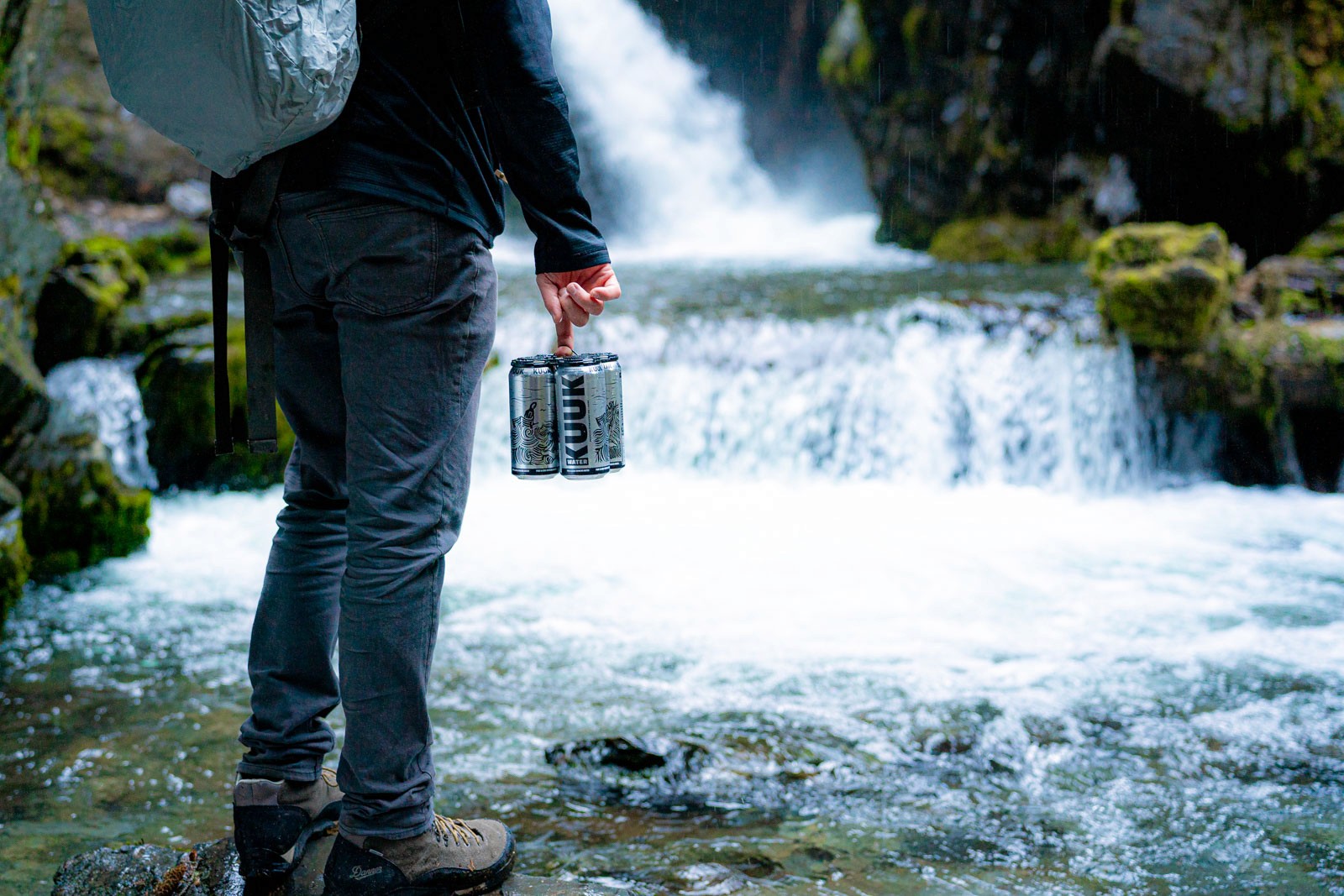



Fully Recyclable
Alaskan Sourced
Alaska
drinking water


Connecting with our community

Featured Artist
Holly Mititqua Nordlum
Inuit artist and traditional tattooer who blends ancestral traditions with contemporary art forms. Through various mediums including printmaking, painting, and filmmaking, Holly explores the intersection of traditional and modern Indigenous life.
We are honored to feature Holly's artwork on the very first can of Kuuk Water!
Visit Naniq Design


Copyright 2025 Kuuk Water


